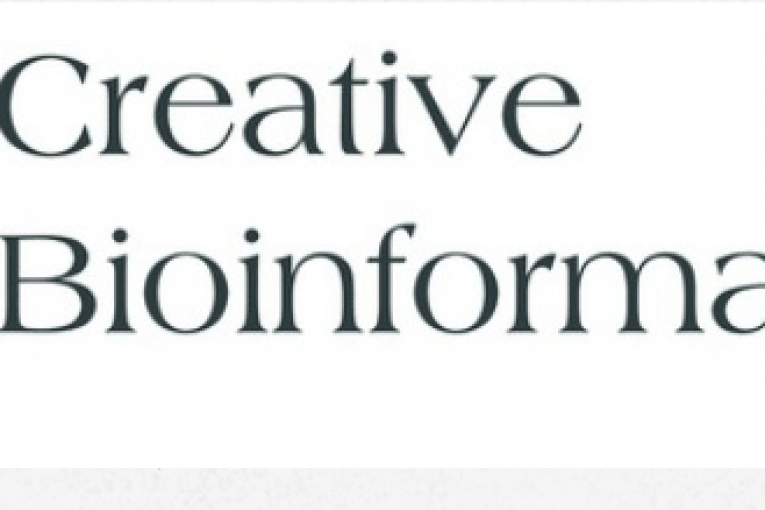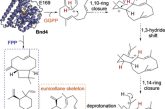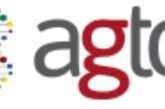
By Kelcee Griffis
When Kevin Blighe rides a train across Europe on a conference call with a client, you might not guess that he’s working for a successful startup based in the heart of Gator Nation.
Blighe is one of about 25 contractors for Creative Bioinformatics Consultants, a young company rooted in Gainesville which provides big-data analysis for biology lab experiments.
Founder Mark Ziats anchors the business from a home office in Haile Plantation and relies on a network of contractors like Blighe — who works from Italy — scattered across the globe. Now, Ziats is planning the company’s next phase of expansion by preparing to hire a full-time employee in Gainesville to manage the business.
It was launched in October 2013 and officially incorporated with the state in January.
Ziats pointed out that his team doesn’t do any “wet work” — they deal solely with the data files produced by the experiments.
He pointed to a recent study by the University of North Carolina as an example of how the company’s work dovetails with lab research. The study examined heart disease in mice, so researchers gave the mice drugs, took out tissue and ran genetic sequencing on it. This generated large amounts of data, which the research team passed off to Creative Bioinformatics for analysis.
Subcontracting the data analysis, Ziats explained, is often more efficient for a lab than teaching someone in-house how to sort out the results.
“We were able to do it in three weeks, but it would’ve taken someone a year to learn how to do that,” he said. “The average lab doesn’t have the knowhow to analyze it in a timely fashion for their project.”
Blighe agreed that there is a significant need for analysis services within the medical research community.
“It comes as absolutely no surprise to me that there is a market out there for ‘big data’ analysis – a huge market,” he said. “In scientific research laboratories in the past few years, there has been an influx of novel technologies that produce data in larger amounts and also at a quicker pace.”
Another advantage Creative Bioinformatics brings is employees with background in both computer science and biology.
“Many people who work in bioinformatics don’t actually understand the reasoning behind the data that they analyze,” Blighe said. “We work together with the clients so that they understand what we have done to their data and what the results mean.”
Ziats said the thriving niche his company has found points to a trend in the medical field. As DNA sequencing technology becomes cheaper, more labs are generating more information, but many haven’t caught up with the learning curve when it comes to sorting the results.
“In biology, there’s more data available than there is people to analyze it,” he said. “I think that’s why we’ve been successful: We’ve been able to do that for them so they don’t have to learn how to do it themselves.”
Ziats isn’t overwhelmed by the sea of data labs can now pump out. After all, it’s keeping his business afloat and contributing to a better body of knowledge. “I don’t think that’s a problem,” he said. “With medicine, the more information the better.”




